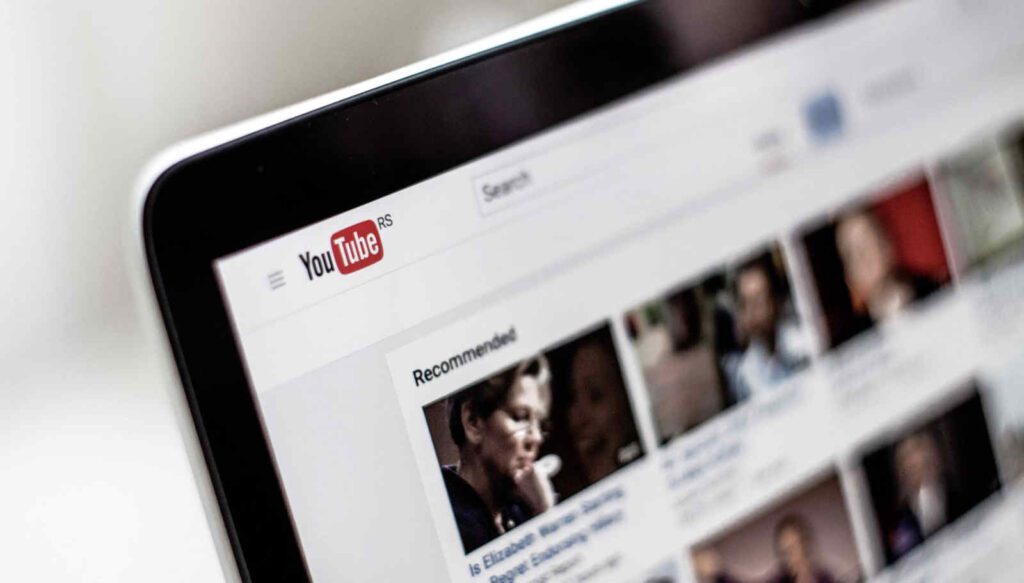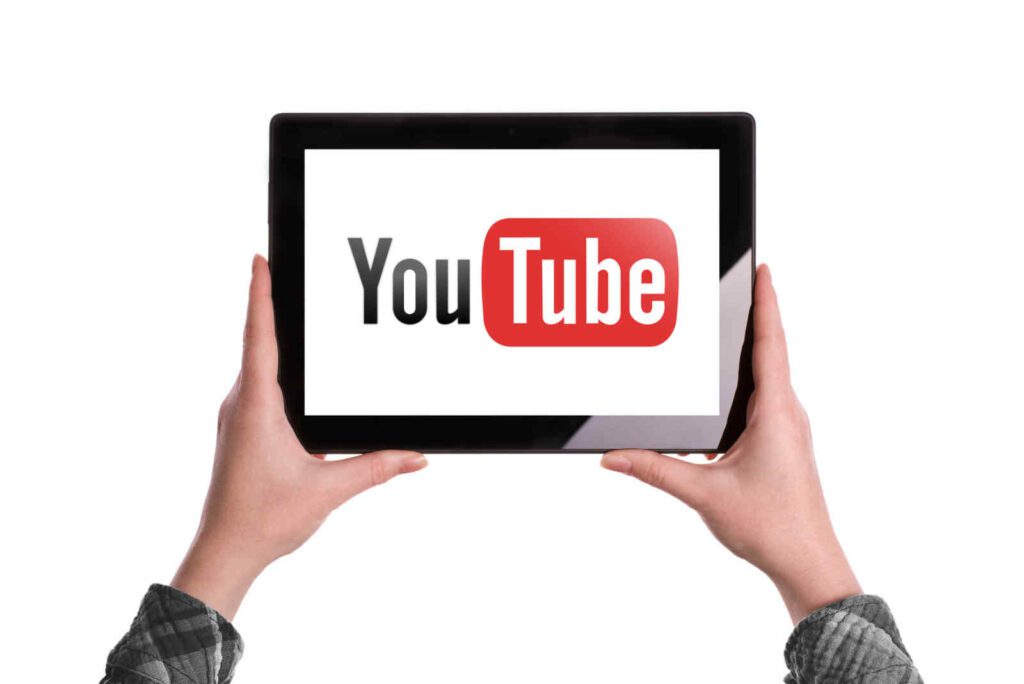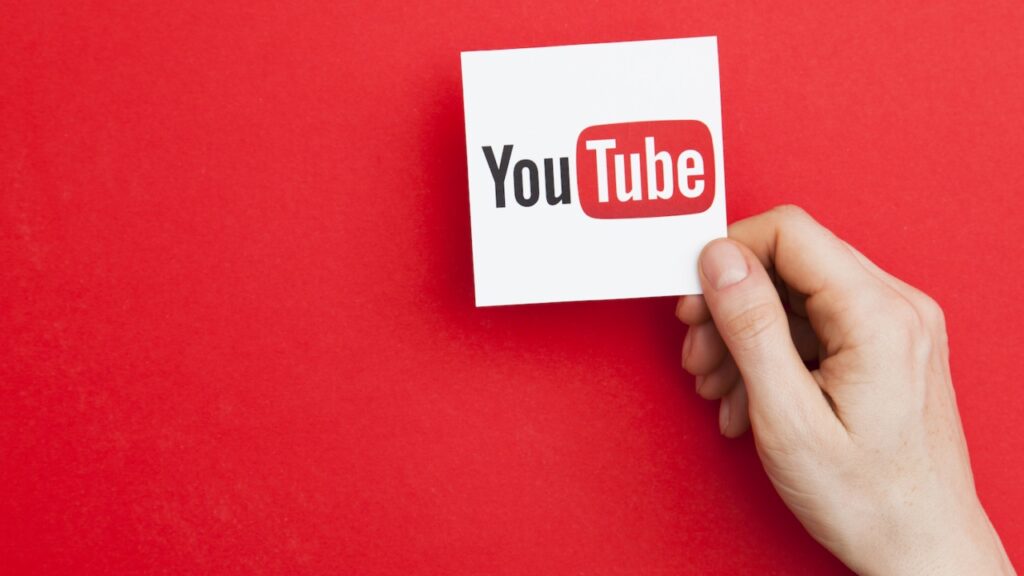
Is Shane Dawson’s newborn baby being used as a marketing ploy?
Is the online backlash to a joyous family announcement a sign of the times or a deeper societal issue? This week, Shane Dawson, a YouTube heavyweight with over nineteen million followers, experienced a whirlwind of controversy following the birth of his twin sons via surrogate.
Dawson, alongside his husband Ryland Adams, shared the news on Instagram, calling December 7th the “best day of our entire lives.” Instead of widespread congratulations, the couple faced a barrage of criticism, stirring a debate far beyond the realm of typical internet chatter.

Controversy in Celebration: The New Normal?
This isn’t the first time Dawson’s past has caught up with him. Known for his pioneering role on YouTube, Dawson’s content evolution has seen its share of ups and downs. In recent years, his image has been tarnished by past videos and comments, including racist skits and inappropriate jokes, that have resurfaced and sparked widespread criticism. It’s a pattern observed with many internet personalities, where their digital past becomes a hotbed for current controversies.
Yet, the intensity of the backlash over something as personal as the birth of a child raises questions about the nature of internet fame and the consequences that come with it. The birth announcement, a moment typically reserved for joy and celebration, became a platform for debates on surrogacy, LGBTQ parenting, and the right to privacy. It highlights a shift in how public figures, especially those born out of the digital age, navigate major life events in the public eye.

A Line Crossed: When Private Joy Meets Public Scrutiny
The criticism aimed at Dawson and Adams wasn’t just about their past. It delved into deeply personal territory, questioning their fitness as parents and sparking debates around the ethics of surrogacy. High-profile cases like Jimmy Kimmel and Jimmy Fallon have seen similar reckonings for past actions, yet the scrutiny around Dawson’s fatherhood opens a new chapter in how we view influencer accountability.
Dawson’s controversial history, including crass jokes and offensive content, has been a recurring theme in his career. While he’s addressed these issues, apologizing and distancing himself from past behaviors, the internet’s memory is long and unforgiving. The question then becomes: at what point does one’s digital history stop dictating their present and future?

The Intersection of Fame, Controversy, and Parenthood
The intersection of Dawson’s past controversies and his new role as a father has ignited a firestorm across social media platforms. The conversation has spiraled into a broader debate encompassing issues of LGBTQ rights, surrogacy, and the impact of one’s digital footprint. This incident reflects a growing trend where influencers’ personal milestones become battlegrounds for larger societal debates.
It’s a phenomenon not exclusive to Dawson. Other YouTubers like Trisha Paytas have faced similar backlashes, indicating a pattern where influencers’ life events are scrutinized through the lens of their online personas. The reaction to Dawson’s fatherhood goes beyond typical internet fodder, signaling a shift in how we engage with and respond to public figures in the digital age.

A New Reality for Public Figures
The saga of Shane Dawson’s fatherhood is more than just another internet controversy. It’s a reflection of the complex relationship between public figures and their audiences in the digital era. The lines between personal joy and public scrutiny are increasingly blurred, especially for those who have grown up in the spotlight of social media.
As we continue to navigate this new landscape, the questions remain: How do we balance the right to privacy with the accountability of public figures? Where do we draw the line between past mistakes and present realities? And perhaps most importantly, how do we protect the innocent, particularly children, from becoming collateral in these online battles?







